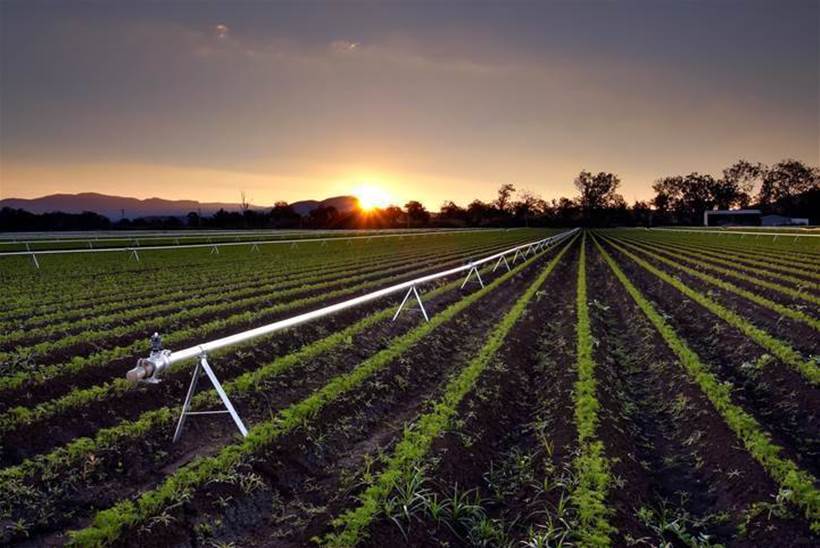National Narrowband Network Co (NNNCo) and farm analytics provider Discovery Ag have formed a joint venture called Connected Country to roll out a Long Range Wide Area Network (LoRaWAN) network dedicated to the agricultural sector.
NNNCo founder and CEO Rob Zagarella described joint venture as “an extension of the [LoRaWAN] network that we’re building nationwide [that] will help to solve connectivity and affordability problems for farmers.”
According to NNNCo, the network will “provide the backbone infrastructure for secure, standards-based shared networks of low-cost wireless sensors that constantly report on essential farm metrics like soil moisture, rainfall, crop health, water levels and livestock data.”
The move comes almost two years after IoT Hub reported NNNCo, calling on the Federal Government to invest $800 million in a LoRaWAN network to facilitate IoT connectivity for Australian agribusinesses.
That call was made in in a submission to the House of Representatives Standing Committee on Agriculture and Industry’s inquiry into agricultural innovation, where NNNCo said the $800m would cover the costs of a LoRaWAN network, servicing 2.5 million square kilometres of arable land with 100,000 base stations, each covering 25 square kilometres and hosting 250 sensors per base station.
(That report was tabled on 4 May 2016. Despite its title, Smart Farming, none of its 17 recommendations made any reference to the application of IoT to agriculture, and the Government is yet to respond to the report.)
The company has given no indication of the planned investment in the Connected Country network.
Discovery AG CEO Alicia Garden said the network would enable farmers to monitor and understand a broad range of specific areas of their farm without physically checking, such as soil moisture, paddock specific rainfall, critical water infrastructure, and to track livestock movements, and remotely control irrigation and other on-farm resources.
“These deep insights will then provide the basis for better production prediction and analytics, along with creating new data driven finance and insurance solutions,” she said.
“One of the key success factors for Connected Country will be its ability to help farmers collate and analyse large amounts of data from IoT devices and signals, and then use that information to make better decisions.
“Two of the biggest predictors of crop yield are soil moisture and rainfall, which can vary widely across different parts of a farm.
“The decisions farmers make about when and where to irrigate, what to plant in which paddock, use of chemicals and fertilisers, and when to harvest can have a huge bearing on their annual production. If we can help them make better decisions across multiple aspects of farm management, the productivity gains will be significant.”
NNNCo says the joint venture will immediately start rolling out the network across one million acres in NSW that will encompass dry land crops, horticulture and livestock and a number of rural towns, adding: “Within 18 months, the joint venture partners intend to extend across vast areas of the nation’s farming regions.”
Zagarella said the aim was to provide carrier grade networks to enable smarter, cheaper and more ubiquitous sensors by leveraging local innovation in conjunction with a global ecosystem of providers … to drive productivity, efficiency and risk management solutions across rural and regional Australia.”
NNNCo said Connected Country had already started working with key partners including Cisco and the NSW Department of Primary Industries to fast-track the network rollout.







